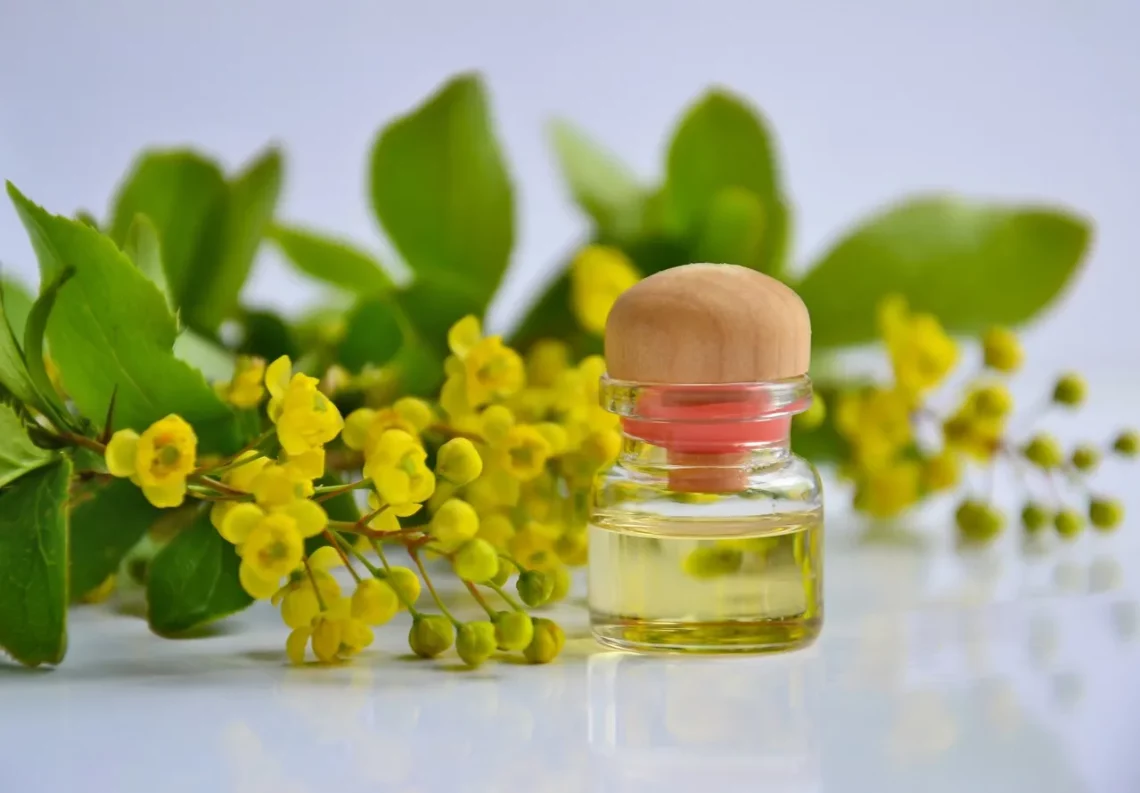
Natural Relief: Using Castor Oil for Vaginal Dryness
Vaginal dryness is a common issue that many women experience at various stages of their lives. It can be caused by a variety of factors, including hormonal changes, certain medications, stress, and even lifestyle choices. This condition can lead to discomfort, pain during intimacy, and a general feeling of unease. Women often seek solutions to alleviate these symptoms, and while there are numerous commercial products available, many are laden with chemicals and synthetic ingredients that may not be suitable for everyone.
The pursuit of natural remedies has led many to explore options that are both effective and gentle on the body. One such remedy that has gained attention is castor oil. Extracted from the seeds of the castor bean plant, castor oil has been used for centuries for a myriad of health and beauty applications. Its unique composition, rich in fatty acids, allows it to be absorbed easily into the skin, providing hydration and nourishment.
As awareness grows about the potential benefits of natural alternatives, castor oil is emerging as a viable option for those seeking relief from vaginal dryness. This article delves into the properties of castor oil, its application in addressing vaginal dryness, and provides insights into incorporating it into your routine.
Understanding Vaginal Dryness: Causes and Symptoms
Vaginal dryness is a condition that many women face, particularly during menopause, breastfeeding, or as a side effect of certain medications. Understanding the underlying causes of this condition is crucial for addressing it effectively.
One of the primary causes of vaginal dryness is hormonal fluctuations. Estrogen, a hormone that plays a significant role in maintaining vaginal health, decreases during menopause, leading to thinning and dryness of the vaginal walls. Women may also experience dryness during pregnancy and breastfeeding due to hormonal changes that affect natural lubrication.
Certain medications can contribute to this issue as well. Antidepressants, antihistamines, and some cancer treatments can lead to a decrease in vaginal moisture. Additionally, lifestyle factors such as smoking, excessive alcohol consumption, and stress can exacerbate the problem.
The symptoms of vaginal dryness can vary from mild discomfort to significant pain during intercourse. Women may also experience itching, irritation, and an increased susceptibility to urinary tract infections. It’s essential to recognize these symptoms and address them promptly to improve overall quality of life.
In many cases, women may feel hesitant to discuss vaginal dryness due to embarrassment or a lack of information. However, it’s important to remember that this is a common issue and that seeking help is both valid and necessary. Understanding the causes and symptoms of vaginal dryness is the first step in seeking effective relief.
The Benefits of Castor Oil: Nature’s Moisturizer
Castor oil is derived from the seeds of the Ricinus communis plant and boasts a plethora of benefits for both skin and hair. Its unique composition includes ricinoleic acid, a fatty acid known for its anti-inflammatory and moisturizing properties. These qualities make castor oil an excellent candidate for addressing vaginal dryness.
One of the standout features of castor oil is its ability to penetrate deeply into the skin. This deep absorption allows it to provide lasting hydration and nourishment, making it particularly effective for areas that require extra care, such as the vaginal region. Unlike many commercial products that may contain synthetic ingredients, castor oil is a natural solution that can help restore moisture balance safely.
In addition to its hydrating properties, castor oil possesses anti-inflammatory effects. This can be beneficial for women experiencing irritation and discomfort due to dryness. By soothing inflammation, castor oil can help alleviate symptoms and promote a more comfortable experience.
Furthermore, castor oil is often praised for its antimicrobial properties. This means it can help protect the vaginal area from infections that might arise due to dryness and irritation. Maintaining a healthy balance of moisture can be crucial in preventing infections, making castor oil a valuable addition to your self-care routine.
When using castor oil, it’s essential to consider the method of application. Diluting it with a carrier oil can enhance its absorption and minimize any potential irritation. By incorporating castor oil into your routine, you can harness its natural benefits to promote overall vaginal health and comfort.
How to Use Castor Oil for Vaginal Dryness
When it comes to incorporating castor oil into your routine for vaginal dryness, there are several methods you can explore. Each method can provide varying degrees of relief, allowing you to find the best fit for your personal needs.
One popular method is to create a soothing castor oil blend. Start by mixing a few drops of castor oil with a carrier oil such as coconut oil or almond oil. These carrier oils not only enhance the moisturizing effects but also provide additional benefits for the skin. Once blended, apply the mixture gently to the external vaginal area. This can help to hydrate and soothe any irritation while providing a protective barrier.
Another option is to perform a castor oil massage. This method involves warming a small amount of castor oil and gently massaging it into the vaginal area. The warmth can enhance circulation and promote relaxation, which may help alleviate discomfort. It’s crucial to ensure that your hands are clean and that you use the oil in a calm, serene environment to maximize the benefits.
For internal use, some women choose to use castor oil suppositories. These can be made by mixing castor oil with a natural wax to form a solid mass that can be inserted. However, it’s essential to exercise caution with this method. Always consult with a healthcare professional before attempting any internal applications to ensure it’s safe and appropriate for your individual circumstances.
Regardless of the method chosen, consistency is key. Regular application can lead to improved results over time, allowing you to experience the full benefits of castor oil as a natural remedy for vaginal dryness.
Precautions and Considerations
While castor oil can be a beneficial remedy for vaginal dryness, it’s essential to approach its use with caution and awareness. Like any natural product, individual reactions may vary, and some women may experience sensitivity or irritation.
Before using castor oil, it’s advisable to perform a patch test on a small area of skin to ensure there is no adverse reaction. If any irritation occurs, discontinue use immediately. Additionally, consulting with a healthcare professional before incorporating castor oil into your routine is recommended, especially for individuals with pre-existing health conditions or those who are pregnant or breastfeeding.
It’s also important to ensure that any products used, including carrier oils, are of high quality and free from additives or synthetic ingredients. Opt for organic and cold-pressed options whenever possible to maximize the benefits and minimize potential risks.
Women should also be mindful that while castor oil may provide relief from vaginal dryness, it is not a substitute for medical advice or treatment. If symptoms persist or worsen, it’s crucial to seek guidance from a healthcare provider who can offer appropriate recommendations tailored to individual needs.
In summary, while castor oil offers natural relief for vaginal dryness, it should be used thoughtfully and with consideration of personal health circumstances.
**Disclaimer:** This article is intended for informational purposes only and should not be considered medical advice. Always consult with a healthcare professional for any health-related concerns or conditions.




